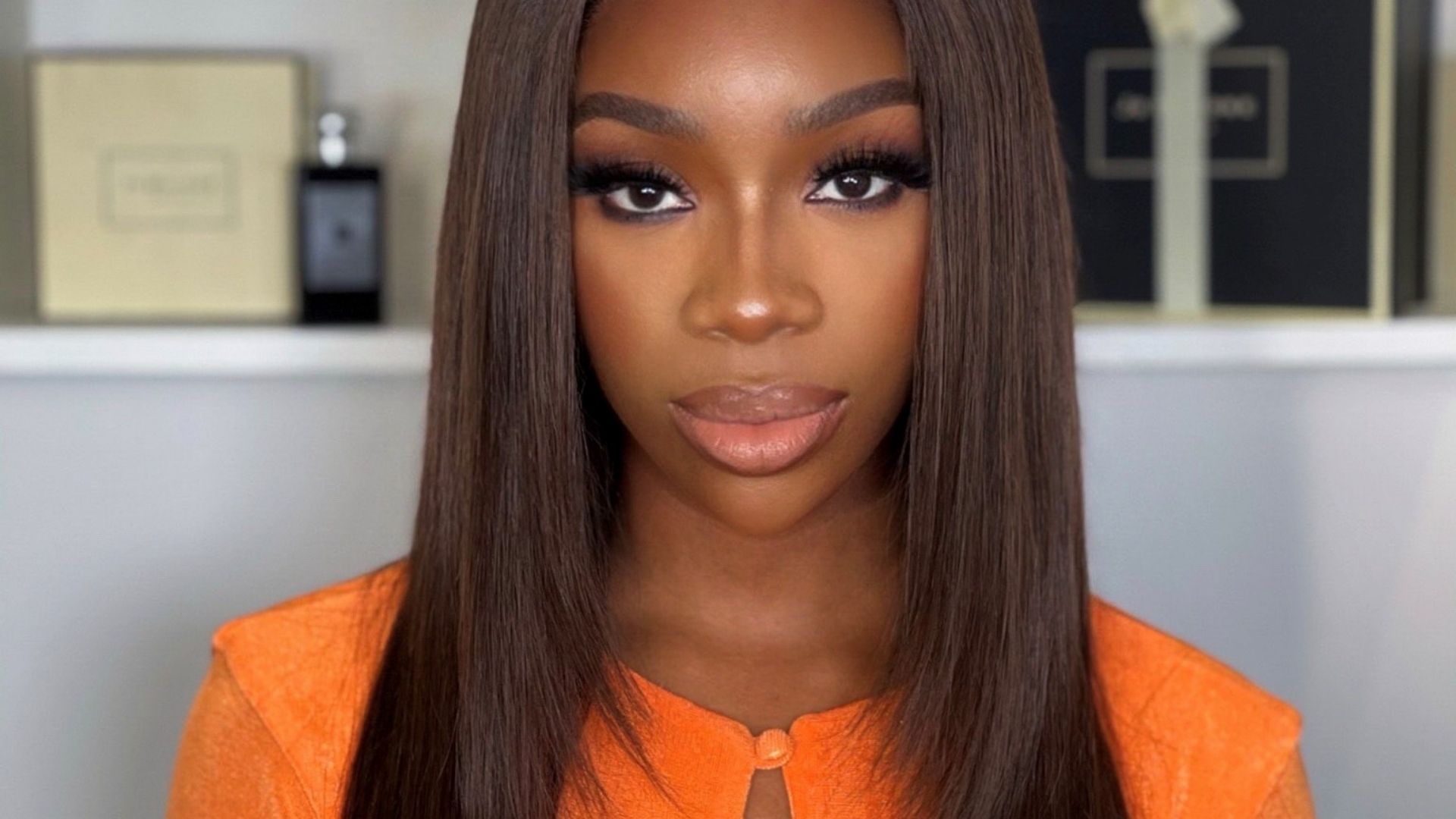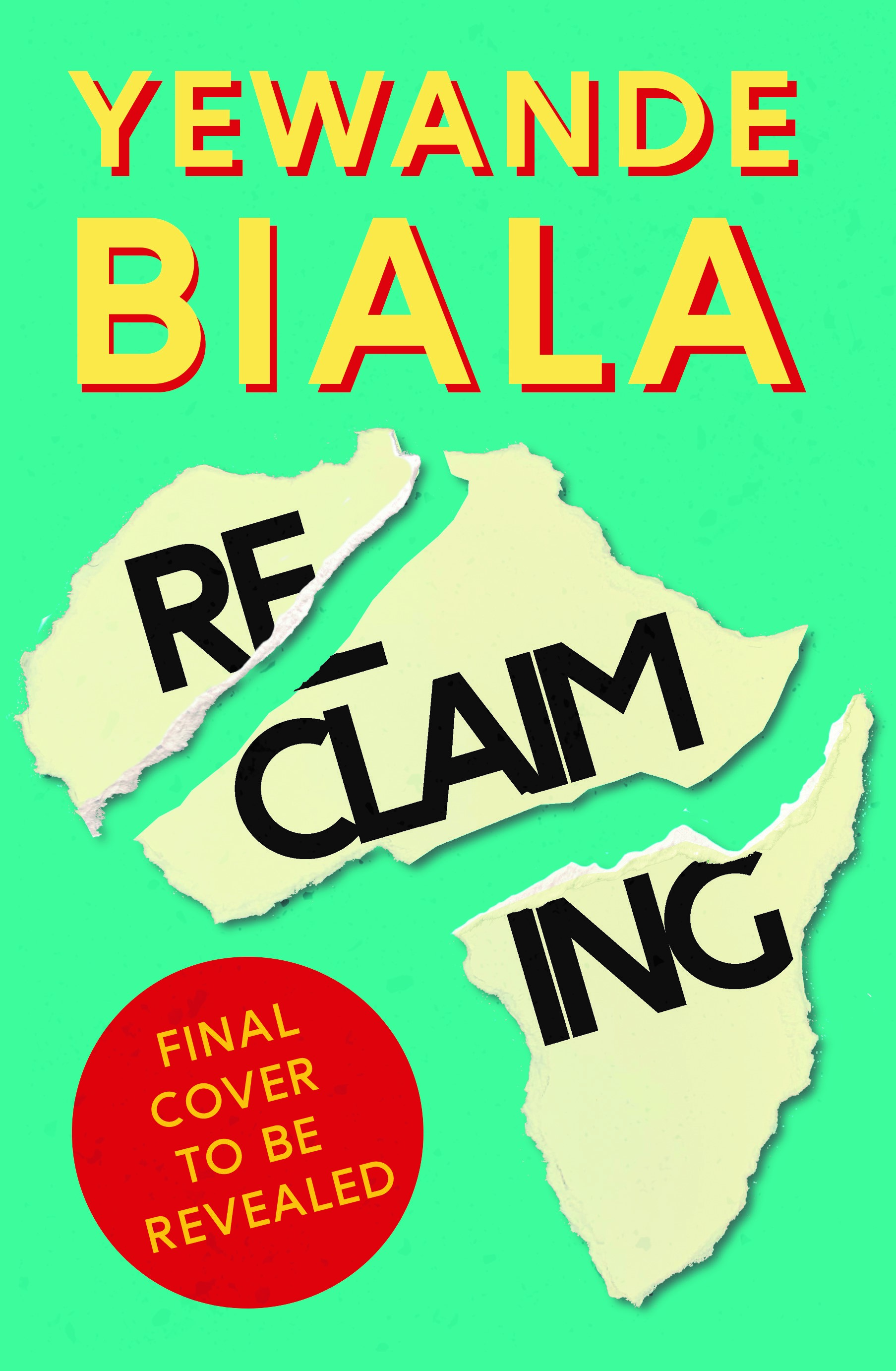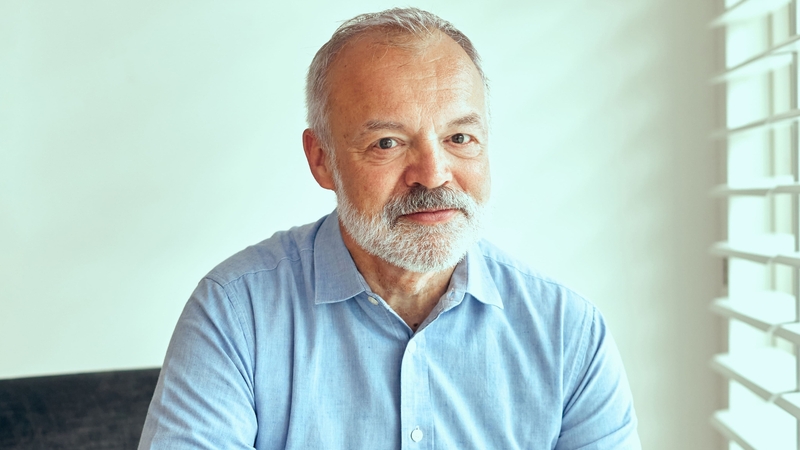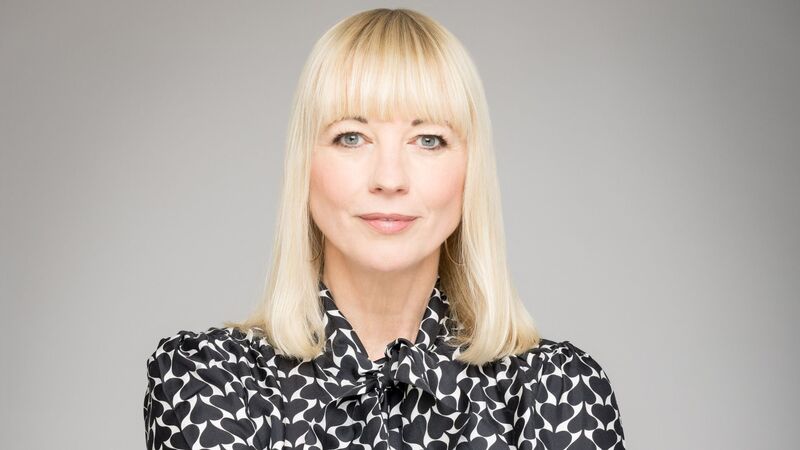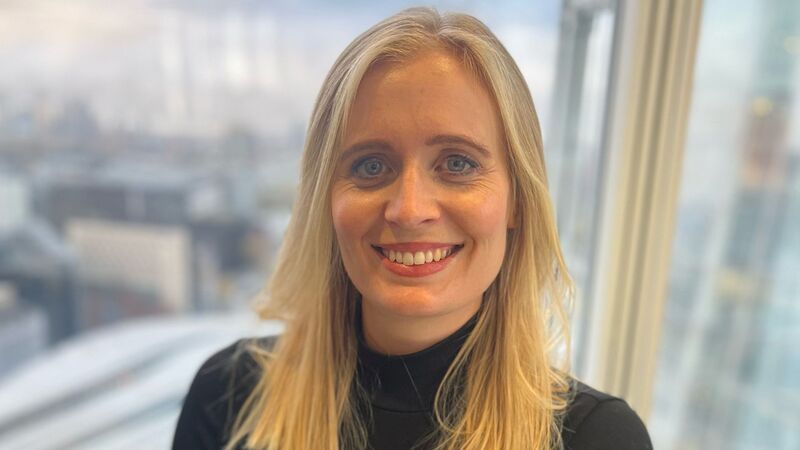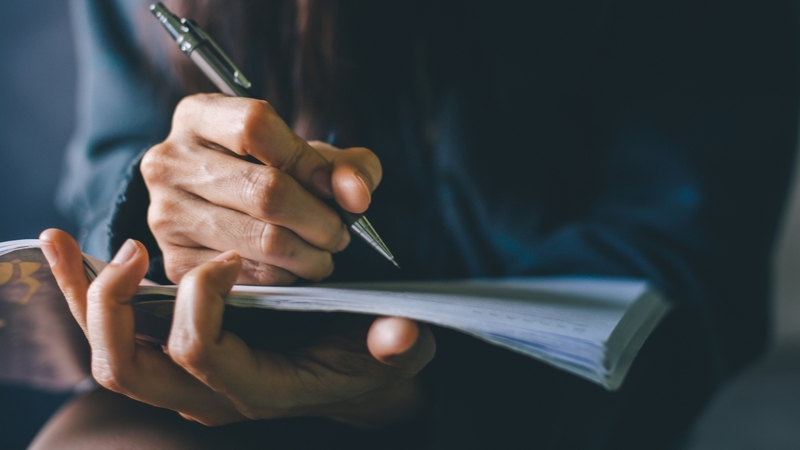You are viewing your 1 free article this month. Login to read more articles.
Yewande Biala discusses her essay collection and empowerment
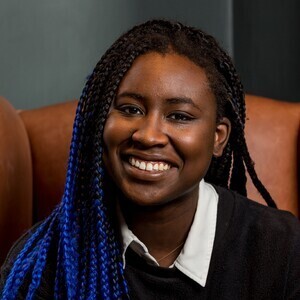 Natasha Onwuemezi
Natasha OnwuemeziTasha Onwuemezi is associate editor of The Bookseller and a freelance writer and editor.
Biala seeks to inspire and share wisdom after success of Independent column.

Tasha Onwuemezi is associate editor of The Bookseller and a freelance writer and editor.
‘Love Island’ star Yewande Biala’s Reclaiming is a series of essays exploring topics including mental health, body image and influencer culture. The Bookseller spoke to her and Hodder publicity manager Kate Keehan.
Could you tell us what the book is about?
YB: I never know how to explain it to people because it’s non-fiction—it’s not like you’re telling a specific story, like with fiction. But the name of the book kind of explains the book in itself. It’s called Reclaiming, and with each chapter I think that I’m reclaiming a little bit of something that I lost along the way, or something that I thought I knew and I’m relearning—like with colourism, which was one of the hardest chapters to write. So the book is about learning and growing as a person, one step at a time, and finding broken pieces and putting them back together.
Where did the idea for the book come from?
YB: I can’t even say me because I never thought I would have a book deal. I’ve always loved writing; I loved English, but I never thought I was good enough. Being a Black person and being Nigerian, you don’t really explore literature or English as a career choice. STEM was the only option for me growing up. I wrote a couple of Independent articles in 2021; people loved them and complimented me on my writing ability, which I didn’t even know I had. That’s when I started hearing from publishers.
Why did you go with Hodder?
YB: I went with Hodder because I felt like they got me and my story and they weren’t trying to dilute me or my voice, and they believed that I could actually write the book. I think a lot of publishers believe celebrities need ghostwriters and don’t believe that they can write their books, but Hodder really believed that I could. I met with another publisher but they were looking for me to write a short essay and then get other people to contribute to the book. Hodder was the only one that believed I could write the book.
What was the reaction to your Independent articles?
YB: People were like: “Oh you’re actually a decent writer.” I just enjoyed it so much, and I felt like my writing was making a positive impact. Since the articles came out, I’ve had people come up to me on the street like: ‘I read that article and I’m doing this now, I’m changing this, I’ve had this.’ It’s one of those powerful moments where you sit down in your room and you write a piece because you have an experience, and then don’t realise that you’re also changing people’s perspectives on things. I think that’s what is really powerful and I hope that is what the book does as well.
How long did it take to write the first draft?
YB: Oh my God, so much longer than I thought it would. I thought I had loads of time when I initially signed my contract, but when you start writing, you’re like: “Shit, I actually have other things to do. I actually do have a life.”
KK: I just love that you came into the office to write so much [laughs]. You were putting in long days!
YB: Oh my god, PTSD [laughs]. I would come in at about nine, and I wouldn’t leave until eight, like when the cleaners would come in. I even became friends with some of them. I loved being in the office because I felt like I really got a lot of inspiration; just seeing so many different books and being around like-minded people. It was a quiet space and I was able to talk to other editors and explore the building. I enjoyed coming into the office. Even though it was very sad.
KK: I hadn’t seen an author do that before. I remember one day seeing Yewande in the kitchen, and I was like: “Oh my God, that’s Yewande!”
Is this the Carmelite House office?
KK & YB: Yeah!
YB: Look at me saying “yeah” like I work there. I actually did get a key card though [laughs]. I felt like I was part of the team.




